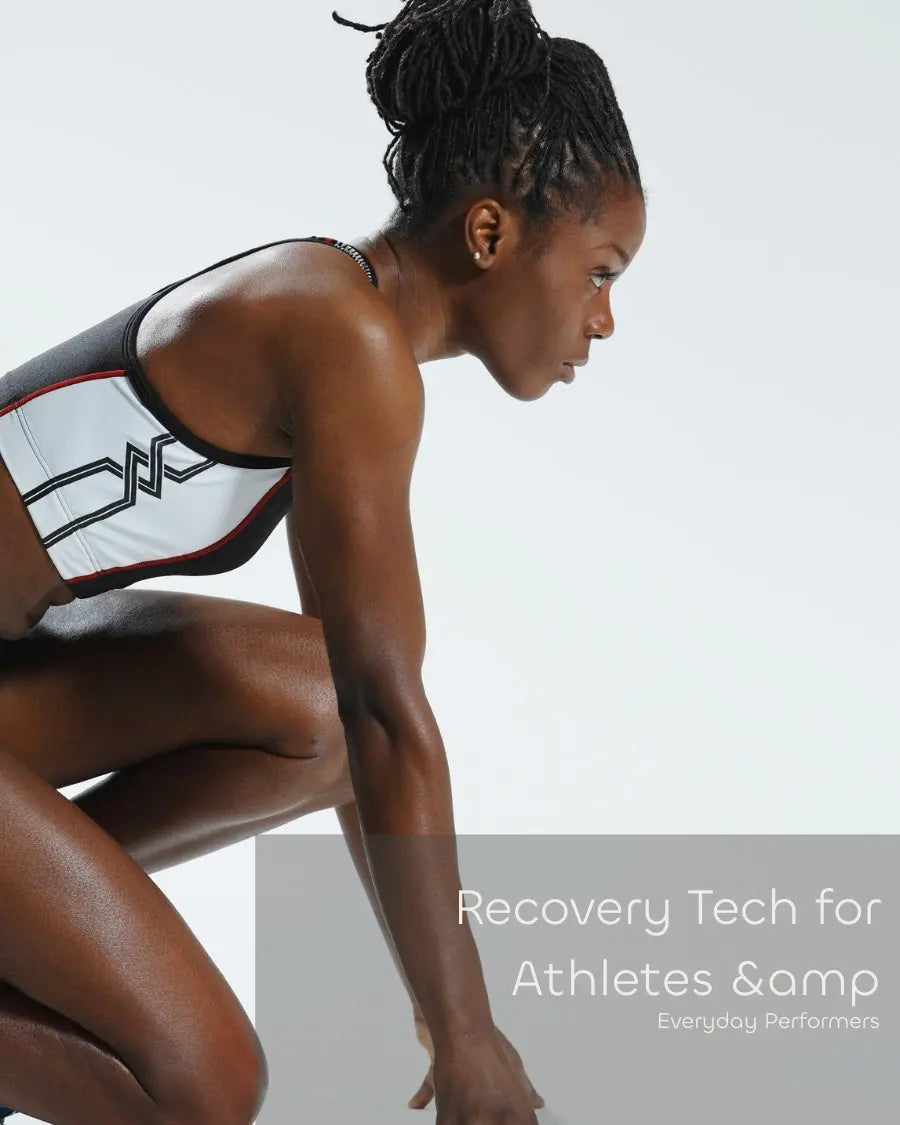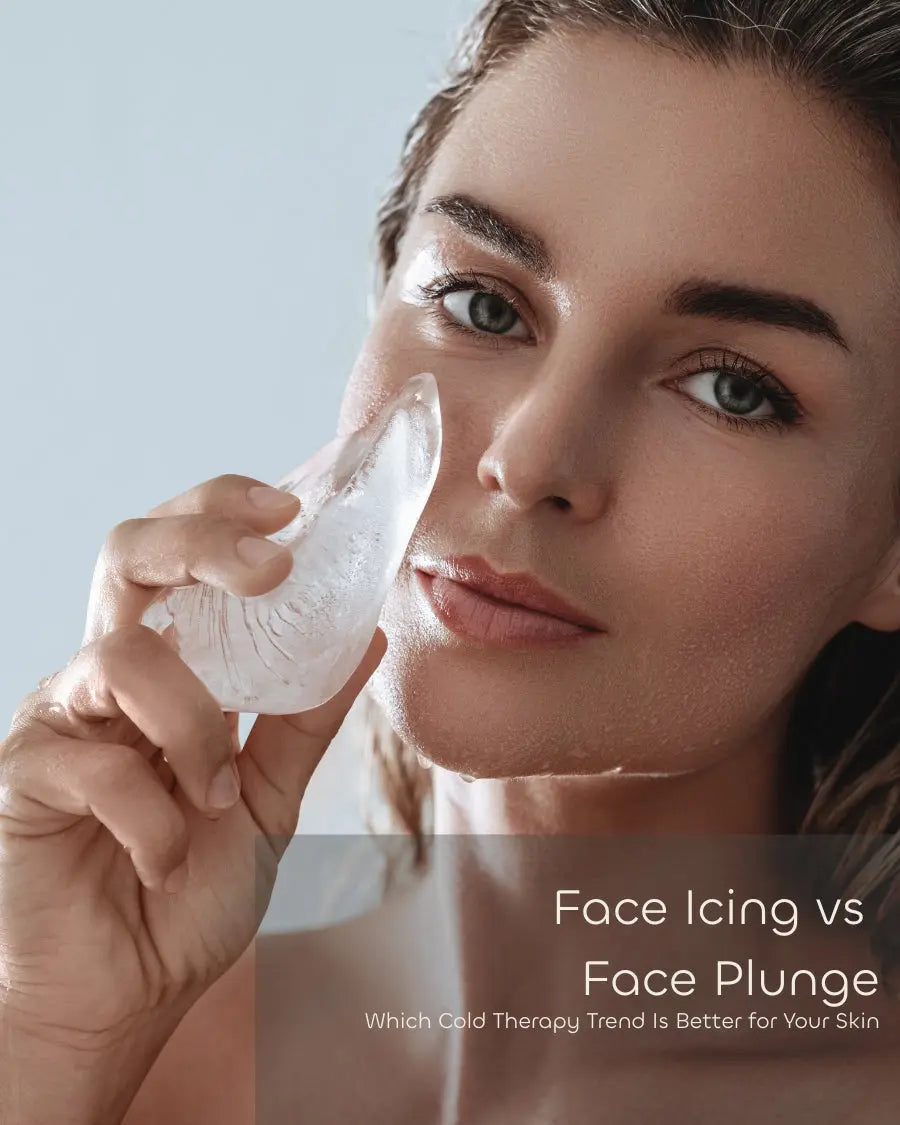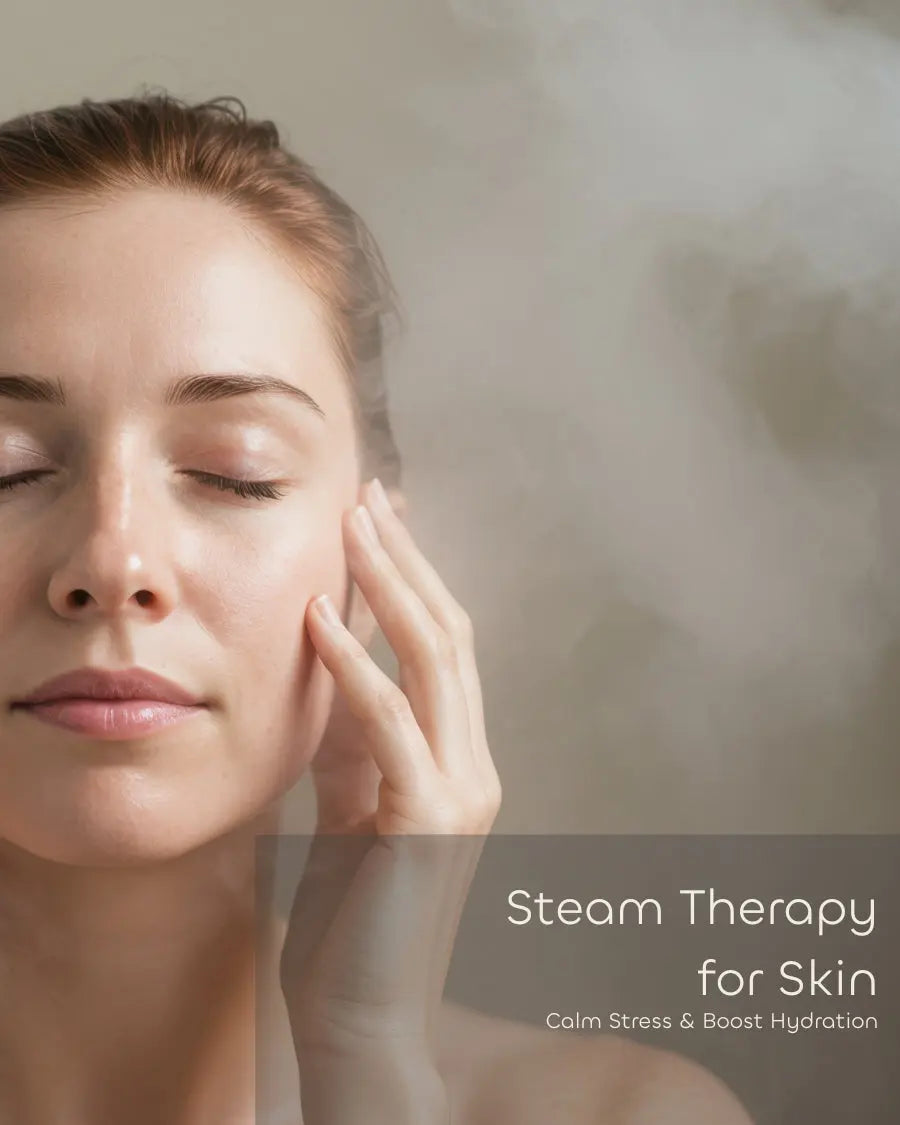The link between cold therapy and recovery isn’t just hype — it’s backed by science. When exposed to cold temperatures, your body triggers vasoconstriction followed by a rush of oxygen-rich blood, helping to reduce inflammation, muscle soreness, and fatigue. This process also boosts neurotransmitters like norepinephrine, improving mental clarity and focus. That’s why athletes, biohackers, and wellness seekers alike swear by cold therapy for both body and mind. With Frosteam™, you can experience the same benefits — enhanced recovery, sharper focus, and youthful skin — from the comfort of your home.
Why Cold Exposure Is More Than a Trend
Cold therapy sits at the intersection of sports science and beauty wellness. By briefly exposing the body or face to low temperatures, you trigger a cascade of responses—vasoconstriction followed by reactive vasodilation, shifts in neurotransmitters like norepinephrine, and changes in inflammatory signaling that can support recovery, mood, and skin tone.
From Bathhouses to Biohacking: A Short History
Cold plunges date back to Roman bathhouses and Nordic sauna traditions. In modern sport, ice baths took off in the late 20th century to reduce post-match soreness. Today, the biohacking community has popularized protocols that target not only muscles but also cognition, mood, and skin.
The Science of Cold Therapy
Muscle Recovery & Inflammation
High-intensity exercise creates micro-tears in muscle fibers, followed by inflammation (DOMS). Systematic reviews show that cold water immersion can reduce soreness and inflammation after training.
Skin Barrier, Puffiness & Circulation
Dermatology research indicates water temperature strongly influences barrier function. Hot water can strip lipids and weaken the stratum corneum, while cooler water is gentler. A review on water temperature and skin physiology notes these effects (NCBI). Facial cold exposure also stimulates microcirculation, helping reduce morning puffiness and lending skin a fresher appearance.
Mood, Focus & the “Cold Shock” Response
Brief cold exposure elevates norepinephrine, a neurotransmitter tied to alertness and mood regulation. Many people report a clear-headed “reset” after a plunge—useful for athletes and everyday performers alike.
Benefits at a Glance
- Reduced inflammation: supports post-workout recovery.
- Improved circulation: boosts nutrient delivery to tissues.
- Skin barrier support: cooler water is less disruptive than hot water.
- Mood & focus: quick boost in alertness and energy.
- Time & cost efficiency: benefits without the need for a full ice tub.
How to Practice Cold Exposure Safely
For Athletes
- Temperature: 10–15 °C (50–59 °F).
- Duration: 10–15 minutes after training.
- Frequency: 2–3 times per week is effective.
For Skin & Beauty
- Cold facial plunges of 30–60 seconds reduce puffiness and boost circulation.
- Best done in the morning or post-steam for a refreshing reset.
Precautions
- Consult a doctor if you have cardiovascular conditions.
- Limit use if you have very sensitive or dry skin.
- Stop if you feel numbness, dizziness, or extreme discomfort.
From Ice Baths to Frosteam: A Smarter Alternative
While ice baths work, they require space, time, and discomfort. Frosteam reimagines the ritual with a 3-in-1 device combining nano-ionic steam, cold therapy, and aromatherapy. Instead of a full-body plunge, Frosteam targets the face—where circulation, skin health, and stress relief intersect.
Why Everyday Performers Benefit Too
Cold exposure isn’t only for athletes. Entrepreneurs, busy parents, and wellness seekers can use it for stress relief, sharper focus, and healthier-looking skin. Frosteam makes the practice easy, safe, and accessible at home.
Key Takeaways
- Cold exposure supports recovery, skin health, and mood regulation.
- Science confirms benefits for both athletes and everyday performers.
- Frosteam makes these benefits accessible at home with targeted technology.
Frequently Asked Questions
What are the 4 stages of cold therapy?
The stages are cold, burning, aching, and numbness. These sensations are normal and show your body is adapting — once numbness sets in, it’s time to stop.
How many times a week should you do cold therapy?
For most people, 2–4 sessions per week is enough to see benefits in circulation, recovery, and mood. Athletes may safely do more with proper guidance.
What happens after 30 days of cold showers?
Daily cold showers can lead to improved stress resilience, reduced inflammation, and sharper focus. Many also report better mood and energy levels.
How long should you perform cold therapy?
10–15 minutes is effective for most recovery goals. Longer sessions don’t necessarily bring more benefits and can increase risks of cold injury.
Are cold plunges actually good for you?
Yes, studies show cold plunges help with inflammation, muscle recovery, and mental clarity. However, they should be combined with good sleep and nutrition for best results.
What not to do after a cold plunge?
Avoid jumping immediately into intense heat (like a sauna), heavy eating, or drinking alcohol. Let your body gradually warm up to maximize benefits and reduce strain.




